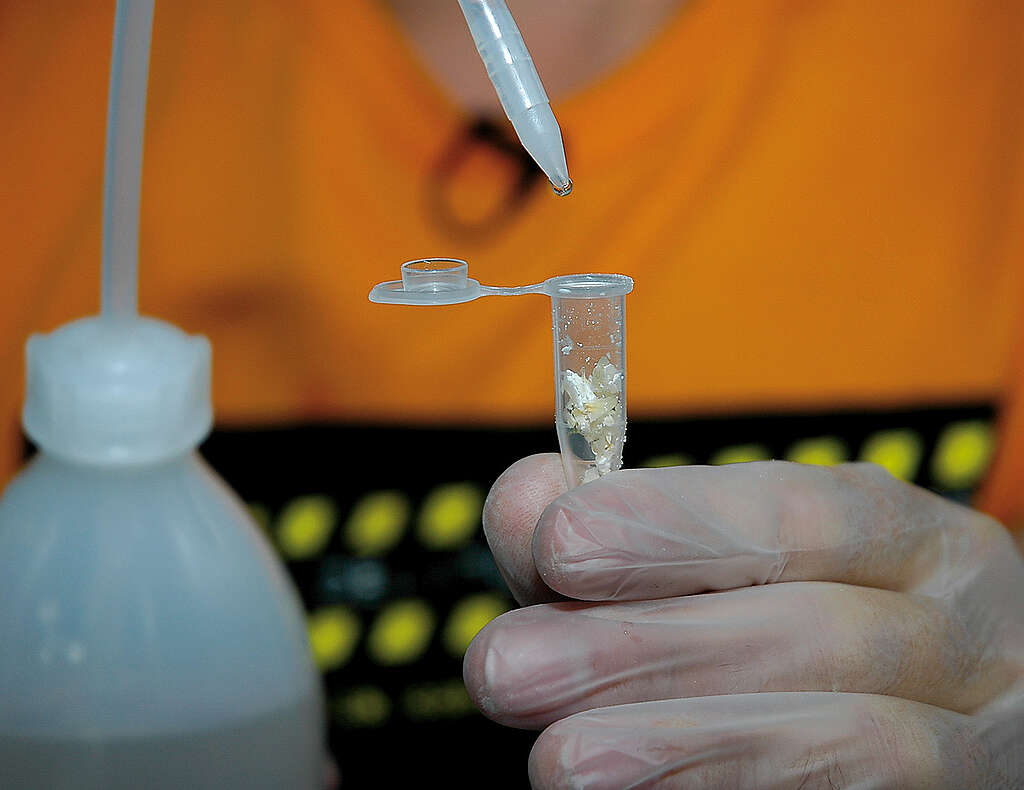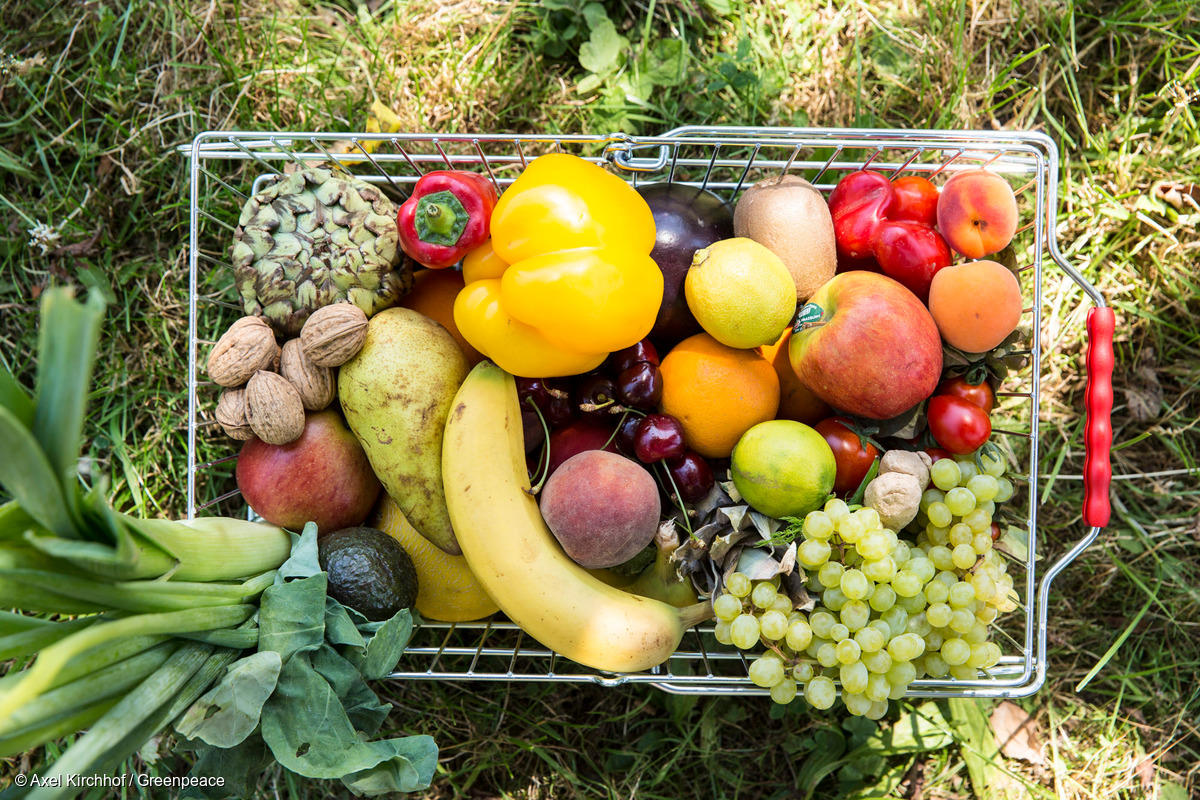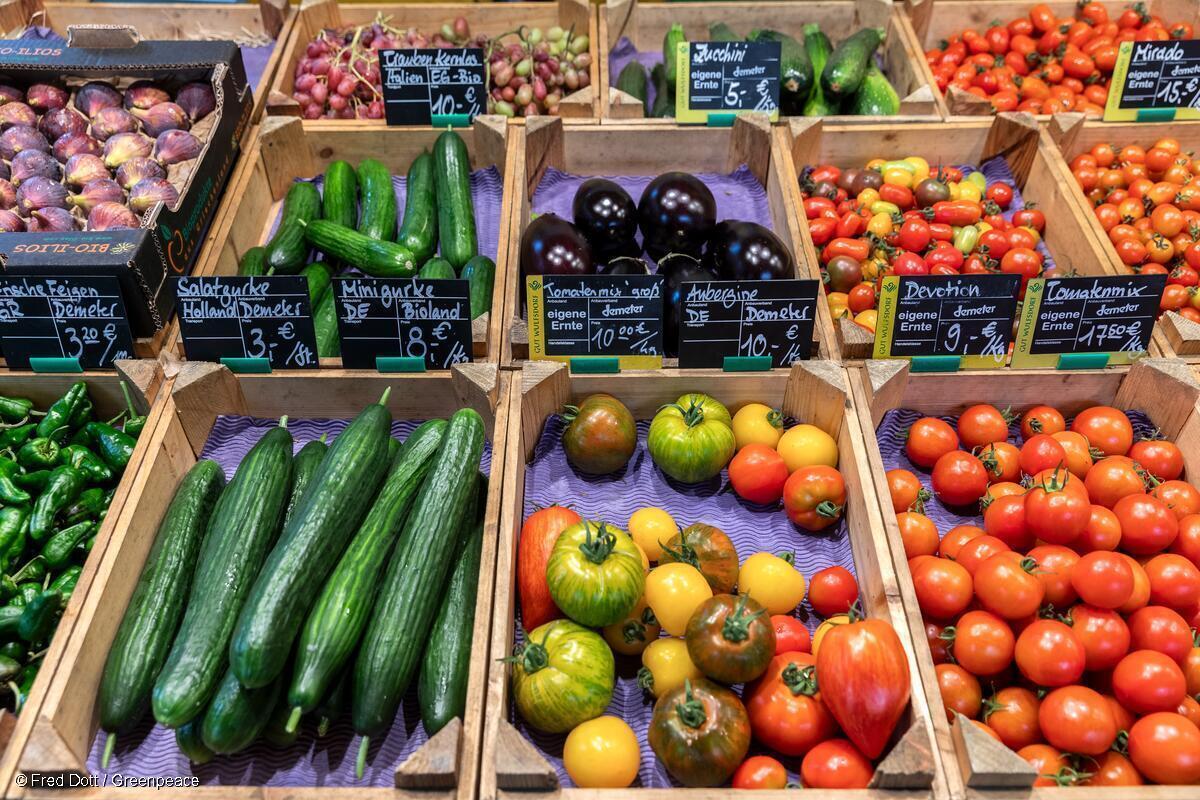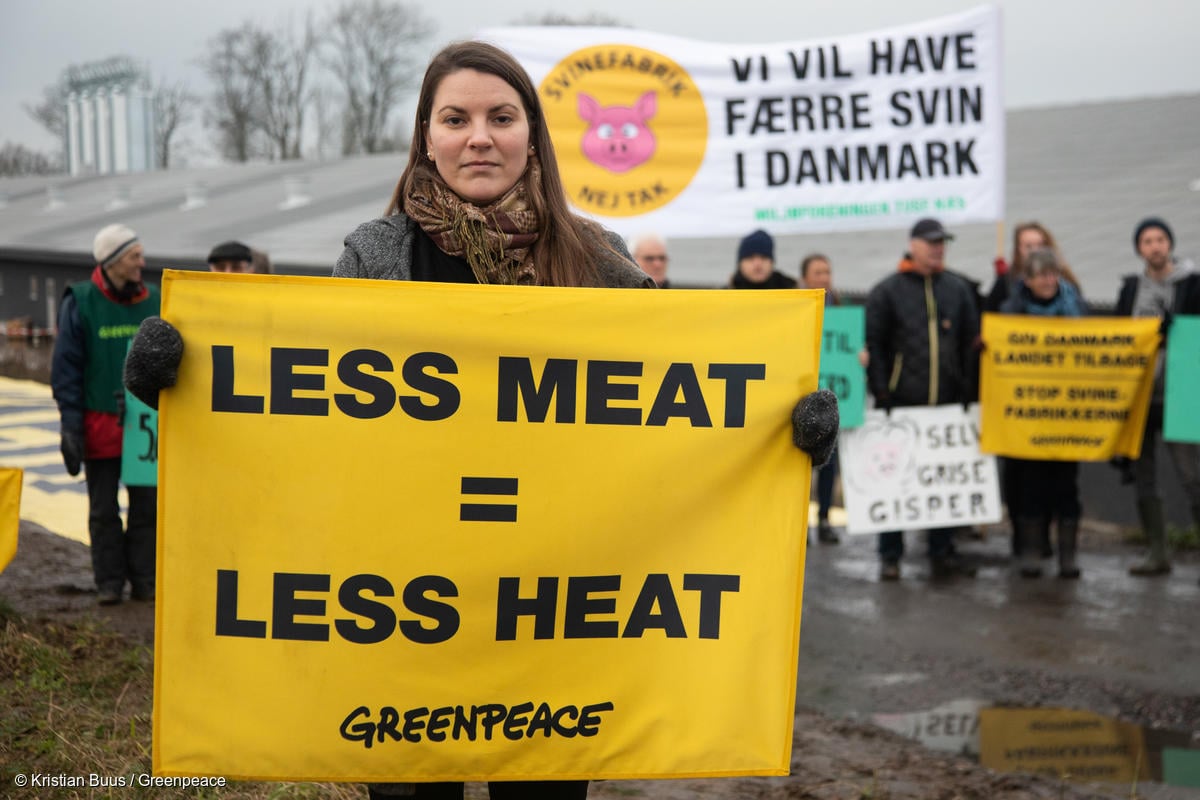
Brussels, September 2023 – On 5 July 2023, the European Commission released a plan to scrap most safety rules governing the production and sale of a new brand of genetically modified (GM) plants produced with new genomic techniques, or NGTs. If adopted, the legislative proposal would seriously weaken or entirely remove safety checks and labelling requirements, based on unproven claims by biotech companies.
Genetically modified organisms (GMOs) produced with these new techniques are currently governed by existing EU legislation, which includes safety measures, such as an evaluation of risks to human health and the environment, monitoring for possible adverse effects after release into the environment and the food chain, and labelling (if GM products are intended to be sold directly on the EU market).
In 2018, the European Court of Justice ruled that plants obtained via targeted mutagenesis (and by extension other new genomic techniques) must be considered GMOs and cannot be exempted from the provisions of the EU’s GMO directive. The court said the techniques and methods involved alter the genetic material of an organism in a way that does not occur naturally and the related risks for the environment and human health cannot be established with certainty. Safety obligations under EU law include risk assessment, monitoring, labelling and traceability. The Commission’s proposal also acknowledges that new GMOs are GMOs (article 3, page 27), but nonetheless argues that they require exemption from safety measures.
| Greenpeace GMO and glyphosate campaigner Eva Corral said: “People have the right to know what they eat and what is being released into our shared environment. Whether you think GM plants are a good idea or not, any new modified organism needs to be fully safety checked before it ends up in a field and into the food chain. This proposal is clearly the result of pressure from multinationals who are desperate to avoid transparency and scientific scrutiny and have a record of baseless claims.” |
The Commission’s proposal would create two categories of new GMO plants:
Category 1 covers new GMOs that the Commission claims are equivalent to conventional plants, despite their genetic modification, and would be fully deregulated. They would not be subject to environmental risk assessments, monitoring after release, traceability and labelling (with the exception of seeds). Environmental scientists have described the claim of equivalence to conventional plants as “unscientific”. The Commission also wants to reserve the right to modify Category 1 criteria at a later stage via so-called delegated acts (article 5, page 29), a procedure that limits the influence of governments and the European Parliament.
Category 2 covers new GM plants that would not fall under category 1, although the exact criteria are still unclear. For this category, safety measures would be weakened, with some, like monitoring, not consistently required. Labelling would still be required under this category.
The main arguments put forward by the Commission and GMO producers to justify deregulation are that new GMOs would help farmers cope with the impacts of climate breakdown and contribute to the objectives of the European Green Deal. However, many new GMOs are still in the pipeline, so it is too early to know if they will deliver on their promises. Those few new GMOs already grown outside the European Union, in countries with weaker safety requirements, have so far failed to deliver sustainability benefits. For example, the Calyxt soybean has failed to deliver promised yields for farmers and has been a market failure in North America. New GMOs have also been unable to deliver drought resistance, an elusive and long sought-after plant trait in the context of climate breakdown.
First generation GMOs have also flopped when it comes to sustainability claims. Old herbicide-tolerant GM crops were meant to reduce reliance on synthetic pesticides, but instead have increased their use. Several independent studies point to ecosystem contamination where GMOs are currently grown. Bt toxins (which are secreted by plants genetically modified to be insect resistant, like Monsanto/Bayer’s MON810 maize, the only GM crop grown in the EU) are persistently present throughout the growing season and beyond, including in freshwater ecosystems where Bt crops are grown. Scientists have reported adverse effects from Bt toxins in 69 different non-target insect populations.
The Commission’s legislative proposal could have far-reaching adverse consequences. These are summarised below:
- Potential effects on the environment and human health
Studies show that NGTs cause unintended mutations in the genome. The intended and unintended mutations would not be possible with conventional breeding, even if NGTs do not necessarily require the permanent insertion of foreign DNA into the plant’s genome (unlike for traditional GMOs). Both intended and unintended mutations carry risks, according to the German Federal Agency for Nature Conservation.
The Commission’s proposed legislation would cover cultivated plants, but also wild plants and forest trees. Many of these plants would be released without risk assessment, traceability nor monitoring of their impacts. The likely large-scale release across a broad range of species sharing an environment will increase the likelihood of interactions between them. The cocktail effects of these interactions are unpredictable and the overall impact on the environment might exceed the individual effects of each new GMO. New GM plants could transfer genetic material to other similar plants, with unpredictable effects on food chains and the wider ecosystem.
Scientists warn this could overwhelm the adaptive capacity of ecosystems already made fragile by climate change, pollution, pesticides and many other factors. As we move further beyond the planet’s planetary boundaries, scientists have called for a reduction in the release of “novel entities”, which include “modified life forms”, not to worsen already-existing human-induced stresses.
A number of herbicide-tolerant new GM plants are in the pipeline. Experience with traditional herbicide-tolerant GMOs grown within industrial farming systems has indicated an overall increase in the use of herbicides (often produced by the same companies who develop GMOs), with additional negative impacts on the environment.
The adverse effects of GMOs are not limited to herbicide resistance or insect resistance. Research on new GM Camelina (intended for biofuels) has revealed an alteration of insects that feed on it. Unfortunately, such studies are being dismissed by EU regulatory authorities keen to deregulate GMOs. Meanwhile, independent research to better understand the effects and risks associated with old and new GMOs for the environment and biodiversity struggles to find funding.
In addition to plants (domesticated and wild), biotech companies are carrying out experiments using NGTs to create insects, vertebrates and microorganisms with new characteristics. While they are not covered by the Commission’s proposal, it is plausible that the proposal could set a precedent for further deregulation.
- Effects on farmers
Coexistence of new GMOs with conventional or organic farming would be difficult if not impossible, given the likely scale of releases and the fact that most new GMOs would be grown under the radar, if they are classified as equivalent to conventional crops. This would threaten the survival of the organic and conventional non-GM sectors, which would have to carry the burden of contamination of their fields.
The proposal could allow seeds grown in the European Union to be patented by a handful of multinational seed companies. Based on previous experience of industrial farming methods and GMOs, the patenting of seeds would also likely reduce the biological diversity of plant species available to farmers. Giving just a few multinationals the control of seeds (which are effectively the foundation of our food chain) would not only stifle innovation, it would also likely lock our food system in the current intensive industrial agriculture model of heavy reliance on chemicals and fossil fuels, driving the further deterioration of the environment.
- Effects on consumers
Many new GMO products or ingredients would not be labelled and consumers would be deprived of information and of their freedom to choose.
A 2021 poll and a 2023 petition show that consumers want GMOs and new GMOs labelled and regulated. People’s concerns about GMOs are not exclusive to the EU. Nearly half of US consumers avoid buying GM food.
Labels for category 2 new GMOs could provide misleading information for EU consumers based on so far unproven sustainability claims, potentially violating the Green Claims Directive on tackling greenwashing. Given that the watered down risk assessment for category 2 new GMOs, adverse effects on the environment could go unnoticed.
- Effects on retailers
Given that traceability and labelling would not be required for many new GM products, it would be difficult for retailers to guarantee the absence of GMOs in their products, notably in their organic and conventional non-GM lines. They would face a real risk of losing the trust of consumers. These hidden GMOs and the likelihood of cross contamination would also pose a serious problem for organic retailers.
- Effect on European Countries and regions
Currently 18 EU countries and regions have chosen to be free of GMO and they don’t grow them within their territory. The Commission’s proposal removes the right of governments to do so and to protect their agriculture and environment from the potential impact of new GMOs.
Timeline
- 23-24 October 2023: EU agriculture Council, Luxembourg.
- (TBC) 20-21 November 2023: EU agriculture Council, Brussels.
- 11-12 December 2023: EU agriculture Council, Brussels.
Contacts:
Eva Corral – GMO & pesticides campaigner: +32 (0)479 601289, [email protected]
Greenpeace EU press desk: +32 (0)2 274 1911, [email protected]
Download this briefing as a PDF.
For breaking news and comment on EU affairs: www.twitter.com/GreenpeaceEU
Greenpeace is an independent global campaigning network that acts to change attitudes and behaviour, to protect and conserve the environment and to promote peace. We do not accept donations from governments, the EU, businesses or political parties. Greenpeace has over three million supporters, and 26 independent national and regional organisations with offices in more than 55 countries.
EU Transparency Register: 9832909575-41



